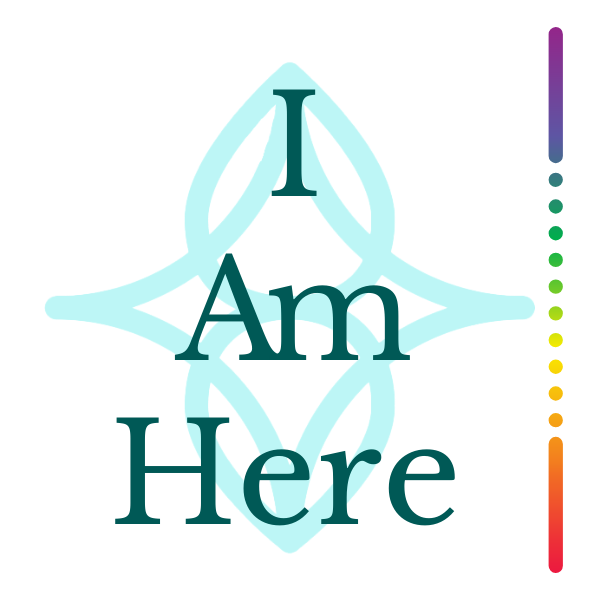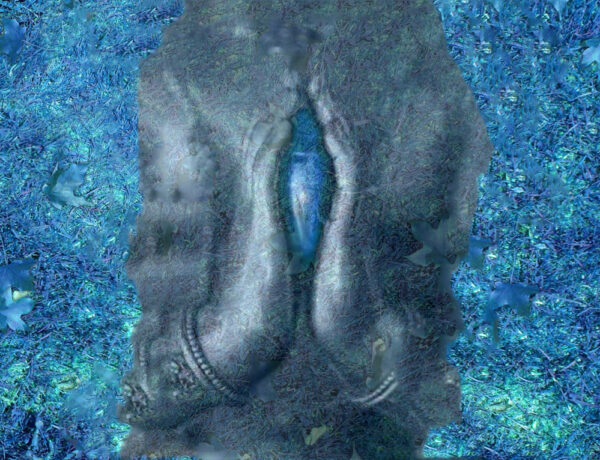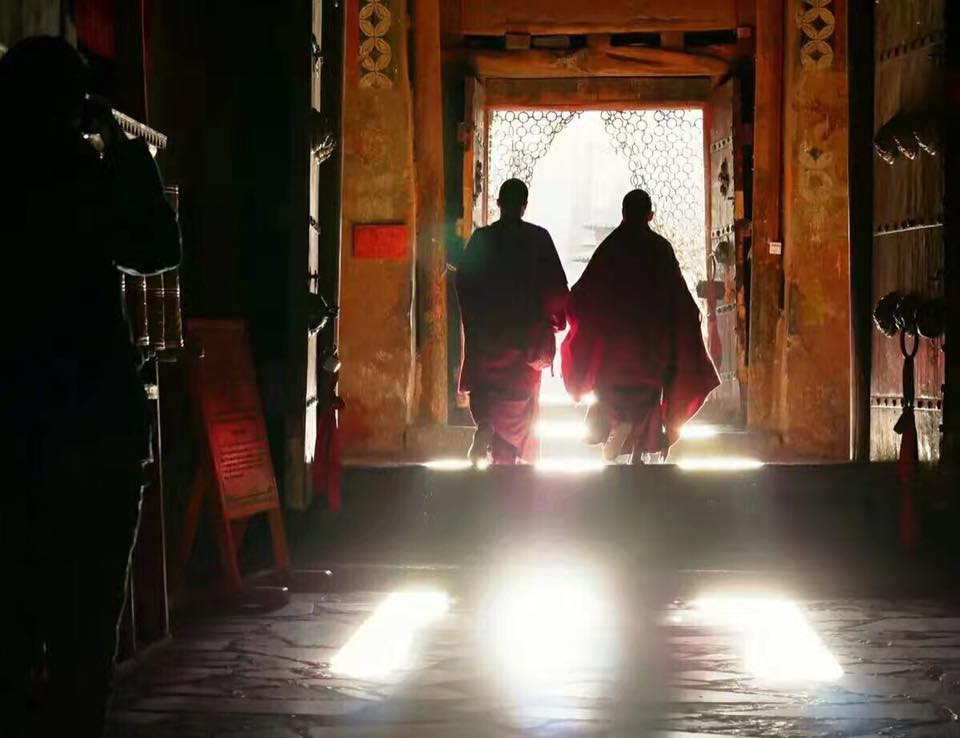Where the sense of separation doesn’t make us separate.
Sometimes, we need an apparently abstract terminology to label something which is hidden in plain sight. The term Nondual Therapy refers to the obvious. Often, what is obvious is so taken for granted that it is overlooked, unvalued, and abused. The term ‘nondual’ literally means ‘not two’. It refers directly to the experienced, observed, and evidenced reality that we cannot be ultimately separated from the whole.
I, the writer, cannot be separated from you, the reader. Without the reader, the writer cannot exist. Without the writer, the reader cannot exist. In the creation of this text, the writer and reader are one. They cannot be separated. To write I must read, and to read I must write. The whole field of activity (both writing and reading) depends on a receiver, a consciousness in which both writing and reading take place. Without this receiver, the activity cannot occur. Without activity, the receiver cannot receive. There is no existential separation between parts of the whole. All forms depend on one another in order to ‘be’. The fundamental realization of inherent unity shows up in the visible world as the realization of the interdependent nature of all forms of life.
Wholeness is what is real, and that fragmentation is the response of this whole to man’s action, guided by illusory perception, which is shaped by fragmentary thought.”
Quantum physicist Prof. David Bohm
The notion of oneness or inherent wholeness applies to an underlying reality, or an invisible dimension, and also to the manifest, perceivable world. The perceivable world includes events, objects, self, physical sensations, emotions, feelings, thoughts, and even the consciousness of being conscious, or the awareness of being aware. Universal oneness manifests as an inseparable field of information. We are one source expressing through the differentiation of the manifold.
In Buddhist traditions, this is called the Wisdom of Interdependence. In humanist African philosophy, it shows up in the wisdom of community (togetherness in unity) which is expressed through the Zulu phrase “Umuntu ngumuntu ngabantu”, which literally means that a person is a person through other people. For short, this is often called Ubuntu: “I am, because you are”.
Interdependence is also enshrined in monotheistic cultures. The very notion of ‘do unto others’ is an ethic based on its wisdom. Meister Eckhart captures this sense of interdependence when he says: “Whatever happens to another, whether it be a joy or a sorrow, happens to me.” The female Christian mystic Hildegard of Bingen also observed in the interdependence of all creation, writing: “Everything that is in the heavens, on the earth, and under the earth is penetrated with connectedness, penetrated with relatedness.”
We could tour the world citing the timeless theme of the wisdom of interdependence. Even in the most evidence-based science, ecologists observe the interrelated nature of all forms of life. Physicists uncover that the fundamental act of observation cannot ultimately separate the observer from that which is observed. We affect reality just by looking at it. Our fundamental sense of reality is in an interdependent relationship with the perceiver. We are observer-participants in all that is.
The wisdom of interdependency in the overt world has been expressed by the Zen master Thich Nhat Hanh as an awareness of ‘interbeing’. It is not just that we interdepend, we inter ‘are’. We cannot independently exist. Separation cannot ultimately exist but is an illusion based on an inability to inquire deeply into the truth. Even the notion of existence is inseparable from non-existence. When we plunge our consciousness into one, we will always come up with the other.
There is universal, timeless, scientific, and experiential consensus that nothing can ultimately be separated from anything else. There is fundamental inseparability, self-evident nonduality, yet we act as if ultimate separation were not only possible but factual. We demand the right to separate from the whole at the same time that we bewail the loneliness, grief, the pain of rejection, and the suffering of isolation. We seem to be deeply confused in our fundamental form. This is partly because of the confusion between separation and differentiation.
A World of Difference
Out of one source, there is a glorious expression or manifestation of life as a perpetually changing differentiation. Each expression of life is unique, and each moment is unique. We are different in this moment from the moment before and the moment that comes next. Yet this moment entirely depends on the moment before and on the moment that comes next. Differentiation, or uniqueness, is actually a direct expression of unity. The embryo births the baby, the baby births the child, the child births the adult. Differentiation in a flow of unity is fundamental to the unfolding of life. The attempt at separation, or division (as opposed to differentiation) is a kind of violence that thwarts naturalness and the harmonious flow of causality.
When we look deeply into the nature of difference, we find that our differences don’t separate us, they are the proof of our wholeness. To be unique is not to move out of unity. To allow our uniqueness is to allow our unity. Difference is not at the root of our suffering. To celebrate differentiation is to celebrate creation.

When this differentiation is fully allowed, then we become free of the illusion of separation and it becomes possible to truly contemplate phenomena without agenda. This agenda, or the attempt to dictate experience, is where the illusion of the separate self builds up. Separation feeds binary mind – it presents reality as polarized, either-or options. Differentiation leads to spiritual discernment, deepening insight, and self-realization. Discernment is a quality of consciousness, whereas separation is a belief based on fear.
Where differentiation is a healing process, the experience of separation is traumatic. There is an energetic shock in the forcing of reality that is necessary in order to feel ‘separate’. Separation is not ultimately possible, but it leaves a traumatic residue of violence which seeds an even deeper need for healing, reintegration, and the remembrance of unity. This deeper need is what propels the evolution of Nondual Therapy.




